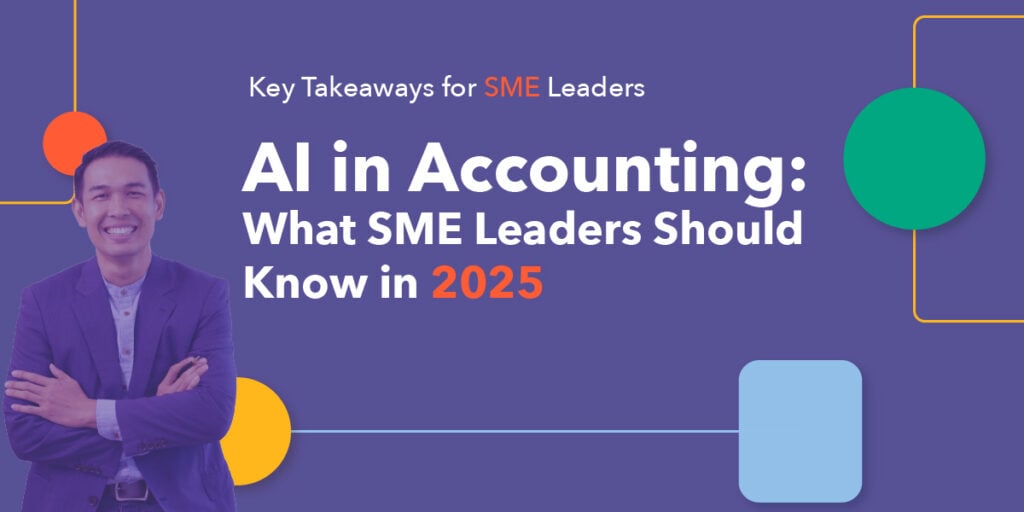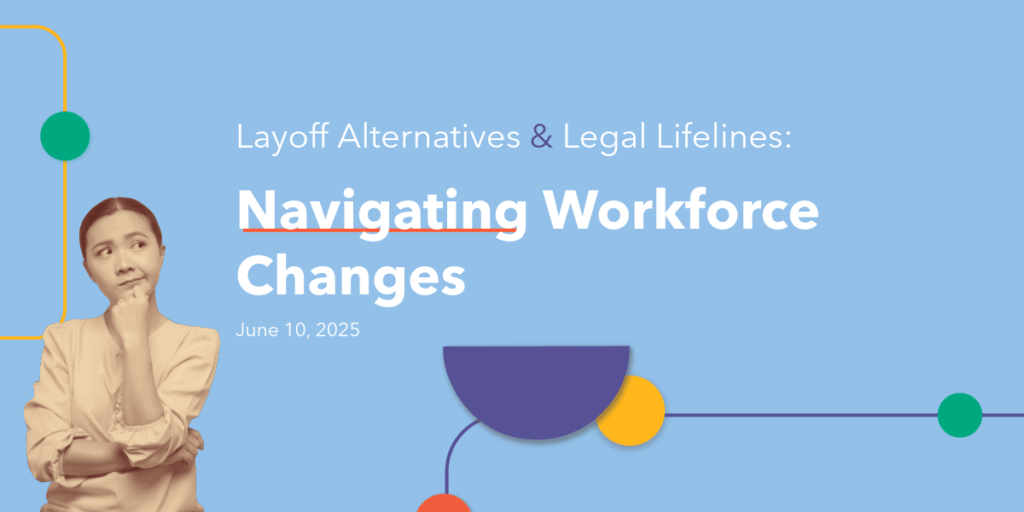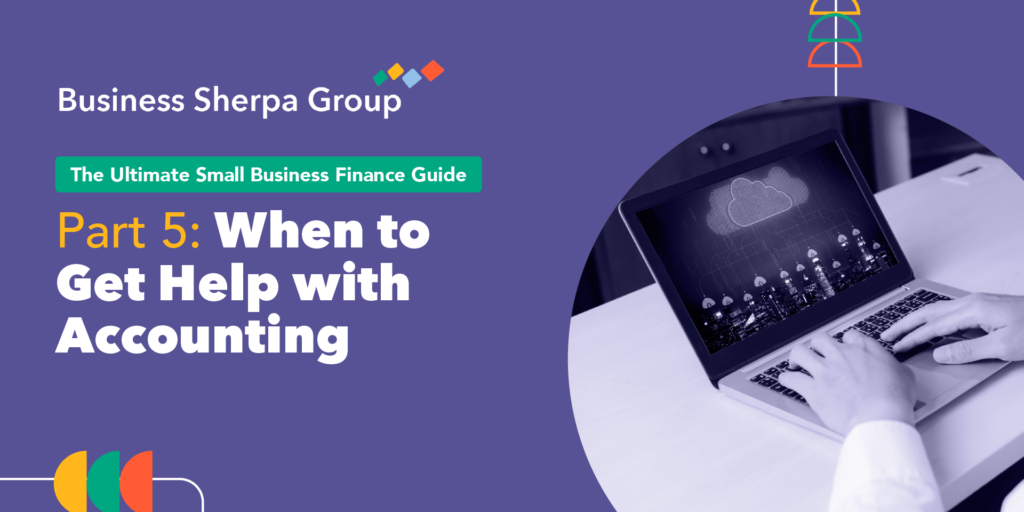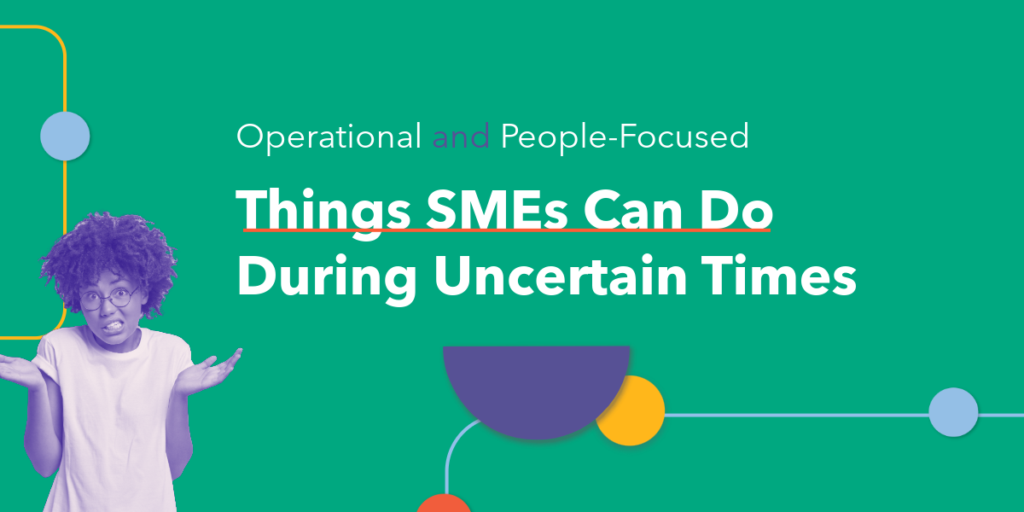[vc_row][vc_column][vc_column_text margin_bottom=”20″]Whether you are a business, not-for-profit or charity, you have accounting that must be done.
Your staff and suppliers must be paid and you need to collect money owed and produce financial statements. The investment you make to complete this work should create value and be efficient and relevant to your business. If you want to build value in your business, you should be planning for the future.
Planning ahead includes managing your cash flow, knowing whether you are on track to meet your expected results, identifying potential issues before they become big problems and investing smartly in areas that will result in growth that makes the investment a wise business decision.
How to get your day-to-day transactions done and plan for the future?
If a business is large enough, the finance department will typically be staffed with a Director of Finance leading the finance team of accountants that is sized to meet the needs of the organization. In a smaller business, both these roles are valuable but hiring both cannot be justified.
The day-to-day transactions must be done so they become the first priority. The planning and financial analysis is then often left to the owner or senior manager to fit in amongst many competing priorities. This too often results in surprises, errors at year end, misunderstood financial results and less ability to be proactive in addressing problems because they are not identified early enough.
Options for small and mid sized organizations
We have spoken before about the value of hiring a Virtual CFO, however many organizations feel their only option is to hire either a Virtual CFO or a bookkeeper. Both have their strengths, but they each provide different services.
A virtual CFO is a strategic partner who works with management to ensure that the business issues are identified and addressed. They will help drive the budgeting and forecasting cycles and will ensure that cash flow is properly managed. They will provide oversight to the accounting and, in some cases, they many provide the full range of accounting to serve a smaller business. However, this is not always the most cost-effective solution.
A bookkeeper is an operational resource who ensures that the day-to-day accounting transactions are recorded accurately and consistently. They will also prepare regular monthly financial reports. This resource may be contracted or hired on a permanent employment basis. Very often, some of this work can be done by administrative support staff under the guidance of a virtual CFO.
The Small Business Solution
The ideal solution for small and mid-sized organizations is often to have a combined engagement of senior level and operational support to supplement and bolster whatever resources may already exist within the organization wherever this is possible. This results in a cost-effective solution that provides both senior level oversight of the day-to-day activities while focusing on planning for the future.
The oversight provides quality assurance for the work completed while also ensuring that the processes are efficient and sized to meet the business needs. The senior level of support for management enhances the business decision-making and ensures the right expertise is available when needed by the business.
Aaron Sylvan, a serial entrepreneur who lives in New York, compares the situation to needing to hire both a carpenter and an architect when building a house. Both add value but they each serve a specific need and deliver a valuable service, especially when working together. It is the combination of both levels of support that makes the difference. It creates value by bringing a future oriented, business focus rather than just a transaction focused approach.
Investing in these resources creates value in your business by keeping you focused on planning ahead. The ability to scale support up and down as needed is also critical to meet the needs of smaller organizations. Business needs change both through the year as well as from year to year due to many factors and this model allows businesses to meet those changing needs in a flexible manner that works for them.[/vc_column_text][vc_column_text margin_bottom=”15″]
We are happy to help organizations with their financial resourcing needs. We offer a combined support of Virtual CFOs and Bookkeepers to provide a flexible, scalable, and sustainable solution to meet the needs of small and medium sized organizations for the long term. Learn more about our service offering.[/vc_column_text][/vc_column][/vc_row][vc_row][vc_column width=”1/4″][mk_circle_image src=”https://www.businesssherpagroup.com/wp-content/uploads/2016/03/Jan-ODonnell.jpg” image_diameter=”300″][/vc_column][vc_column width=”3/4″][vc_column_text]
About the Author
Jan O’Donnell is the Managing Director for the Finance & Administration practice and CFO for the Business Sherpa Group. Jan is a Chartered Professional Accountant (CPA) and has been providing Contract CFO support to high technology, small businesses and not for profit clients since 2004. Jan is passionate about combining her business and financial management expertise to provide a hands-on approach to building and enhancing the finance role within small and medium sized organizations.
[/vc_column_text][mk_contact_info email=”jan@businesssherpagroup.com”][/vc_column][/vc_row]










